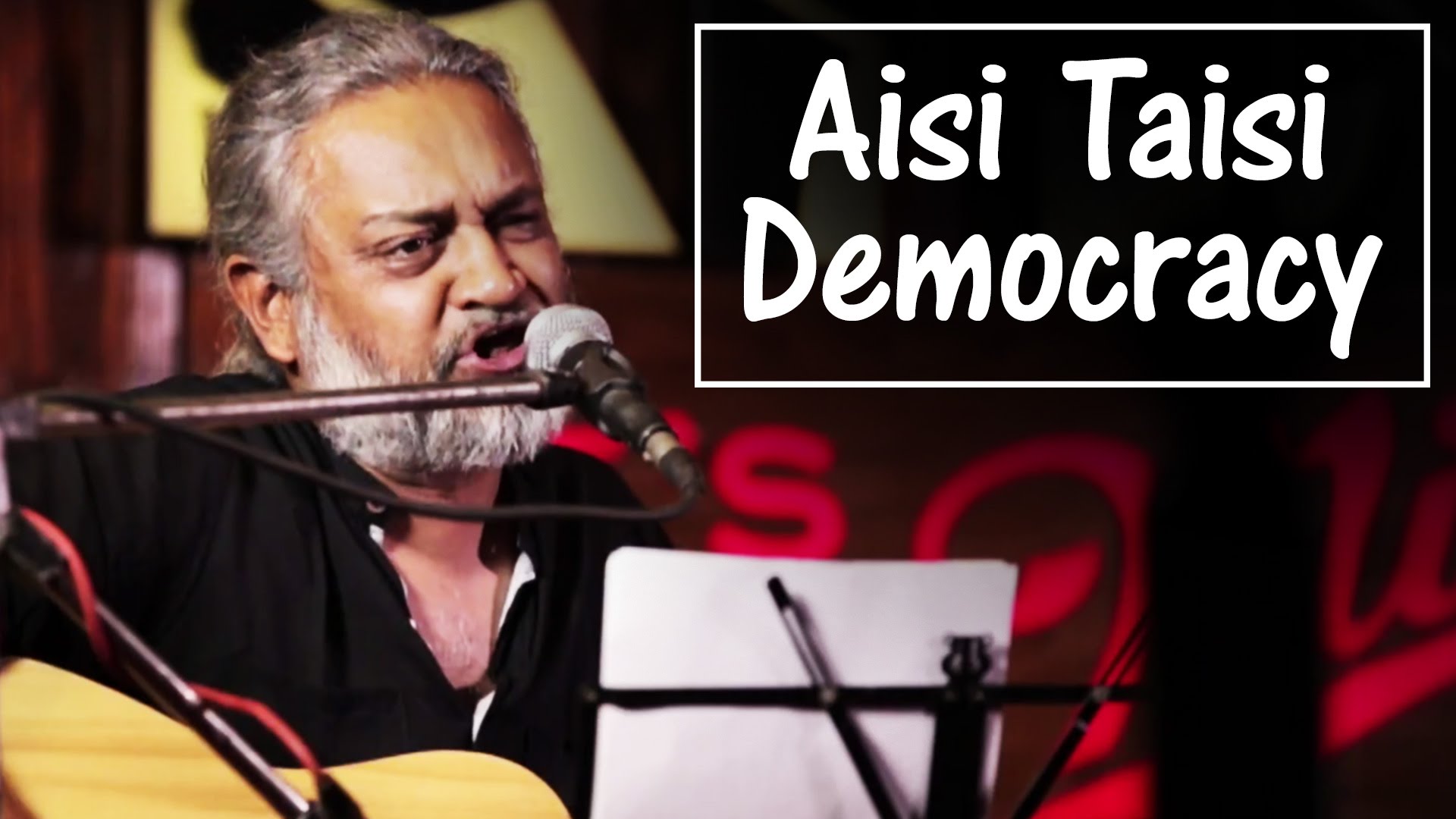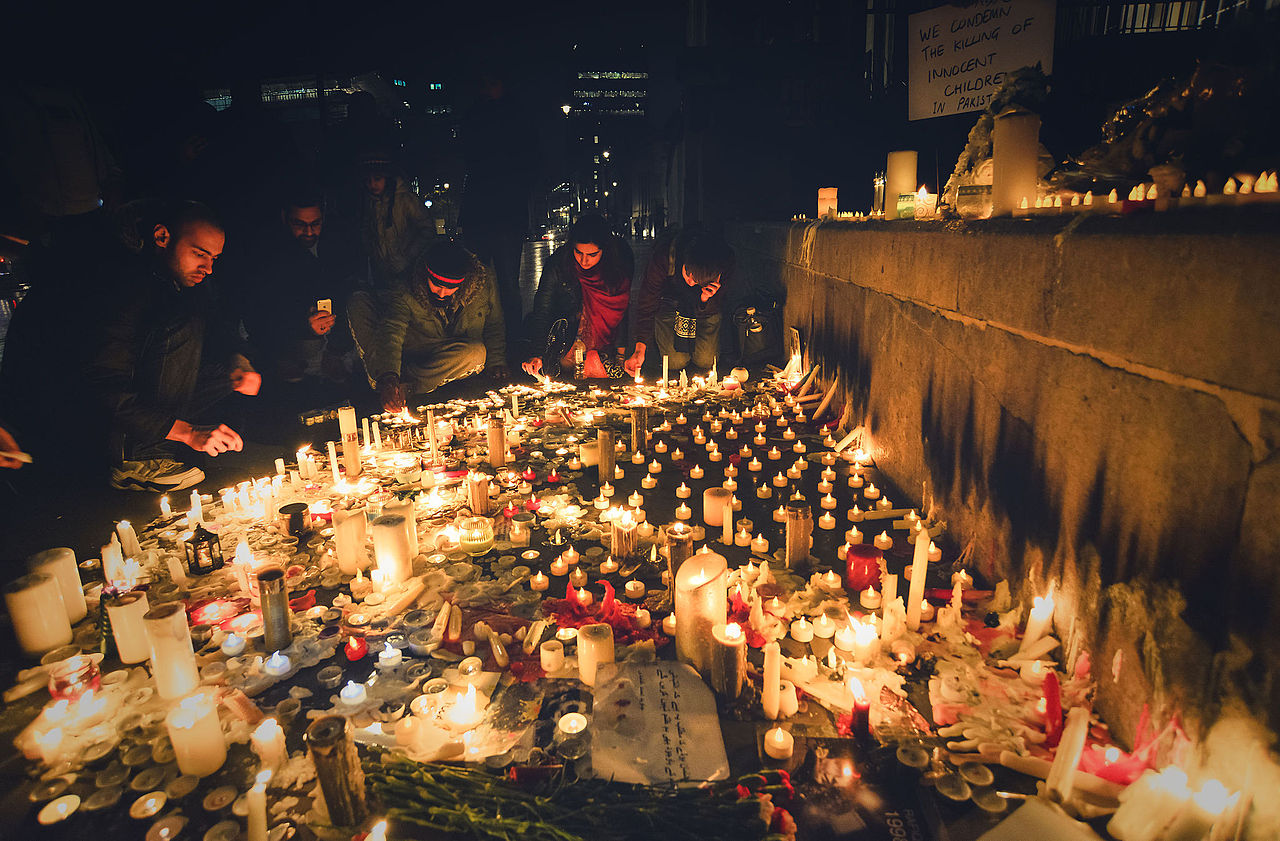Two Can Tango: India and Pakistan at the UNGA 2017

Despite awareness of antagonism amidst India and Pakistan, both parties have perpetually managed to remain diplomatic on the international front. However this year’s UN General Assembly were witness to the battle of words between both nations.
Seizing The Opportunity
According to reports the verbal sword play began with the ball in the court of premier Prime Minister Shahid Khaqan Abbasi during his address at UNGA 2017. He wasted no time and seized the opportunity to highlight some alleged facts pertaining to the lingering topic that has been exhausted time and time again, Jammu and Kashmir. The first day of the UNGA 2017 saw Pakistani PM Abassi blatantly denounce India for the alleged war crimes against the people of Kashmir whom he described as being robbed of self determination due to Indian occupational forces. He reiterated that India refuses to implement the unanimous resolutions of the UN Security Council, which mandate a UN-supervised plebiscite to enable the Kashmiri people to arbitrate their own fate, a struggle he claimed had been suppressed by the deployment of troops in Kashmir and later advanced to describe as the “most intense example of foreign occupation”. He said the Kashmiri people have attempted to rid themselves of such fascism yet India responded with massive and indiscriminate force to suppress the Kashmiris, shooting victims haphazardly irrespective of gender or age. The Pakistani PM also recalled upon the alleged incessant hostility India has endowed upon Pakistan since inception. Lastly Abbasi warned India of possible border disputes that may erupt if their neighbor trespasses beyond the Line of Control (LoC.)
Wasting No Time
First Secretary in the Permanent Mission of India to the UN Eenam Gambhir at the UNGA employed the right to reply to take a stance against Pakistan’s defense to terrorism stating how ineptly the victim card was played by the country who protected Osama Bin Laden and sheltered Mullah Omar from the rest of the world. She went on to describe that mainstream and upstream terrorism was supported as their government who in turn provided such culprits with either a safe haven or a political position. This allowed terrorism to thrive against the valiant efforts put forth by the rest of the world. She reminded the assembly that although some may resort to fabrication for reasons best known to themselves, the world are still aware of reality. She reminded the assembly that the world is not in any need for lectures on democracy and human rights especially from a country whose situation be charitably described as a failed state. She intimated that Pakistan although having a short history achieved the reputation of a geography synonymous with terror and that the quest for a land of pure has actually produced the land of pure terror. Pakistan is now “Terroristan”. As a reply to the allegations made concerning Jammu and Kashmir, she reminded the opposing party of the integral part Jammu and Kashmir are to India and forewarned them of the impossibility of impeding India’s territorial integrity.
An End To Diplomacy!
Shushma Swaraj began her speech by informing the assembly members of PM Narendra Modi’s numerous fruitful ongoing developmental programs in India, after which her words then made a beeline towards addressing the allegations made by Pakistani PM Abassi, which she bluntly described as a waste of time. She mentioned the hand of peace and friendship that had been offered from the Indian PM towards the Pakistani PM who disdained this offer. She could not restrain from making comparisons between the neighboring nations, one synonymous as a global IT hub, abundant in scholars, doctors and engineers the other as “pre-eminent export factory for terror”, plentiful in terrorists.
Solutions
A rather unconventional war of words, which unfortunately was presented amongst all the members of the UNGA 2017 seemed unnecessary. If commitment to civilization, order, and to peace, are demonstrated by those involved, public intervention will no longer necessitated. It is also erroneous that Kashmir along with its inhabitants should have to rebel and struggle for that which duly belongs to them. The sooner such realizations are made the closer we approach world peace.



